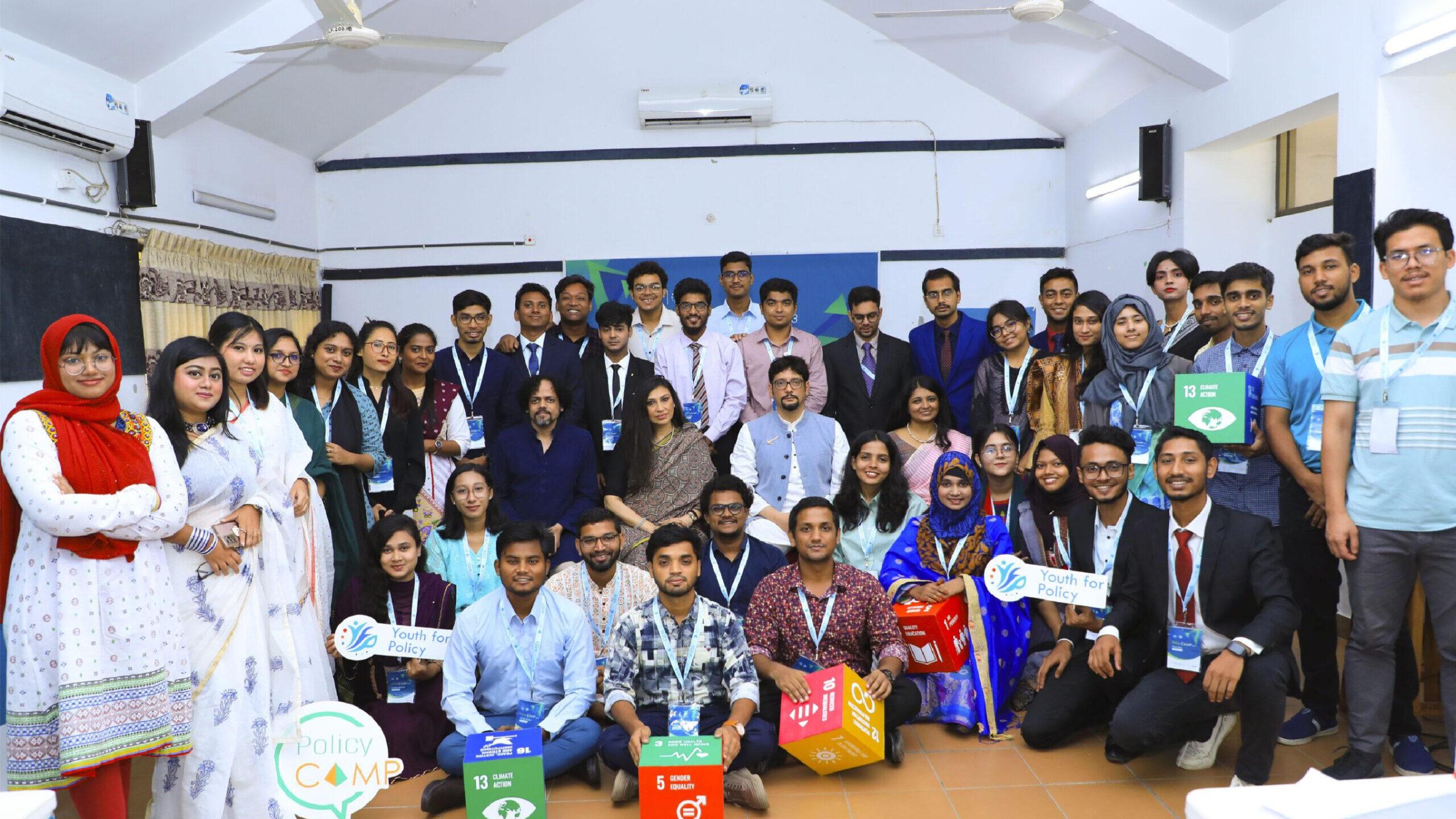“Accessibility should be the norm, not the exception, for individuals with disabilities,” emphasized Sagar Prasai, underscoring the urgent need to break barriers for accessible art. This sentiment reverberated through the second policy discussion, “Breaking Barriers for Accessible Art,” as part of the International Disability Art Festival 2024.
Moderated by Bahashkar Bhattacharjee, the second policy discussion brought together prominent panelists to explore the challenges and opportunities of enhancing artistic accessibility. Key topics discussed included attitudinal barriers, the need for coordinated government efforts, and grassroots-level talent nurturing.
Anika Rahman Lipy, Assistant Director, Centre for Disability in Development (CDD) stressed the need to utilize existing government resources to their fullest and advocated for inclusive decision-making processes involving people with disabilities. She pointed out that initiatives created without consultation often fail to meet accessibility requirements. Moreover, addressing attitudinal barriers, which can be less visible but deeply entrenched, is crucial for inclusive change.
Dr. Naila Zaman Khan, Director, Clinical Neurosciences Center Bangladesh Protibondhi Foundation highlighted the challenges surrounding inclusivity, particularly in education. Despite having the Special Education Act, children with disabilities still face barriers in accessing schools. She championed an inclusive educational approach at the Kalyani Inclusive School, emphasizing the mutual benefits of mixed classrooms where students with disabilities and those without can learn together.
Shamim Haider Patwary, Member, Parliamentary Caucus on Justice called for more robust government-led initiatives at the grassroots level to promote artistic opportunities for persons with disabilities. He proposed leveraging local competitions to showcase talents and the importance of providing platforms for training and development.
Mohua Paul, Co-Director, Access Bangladesh Foundation emphasized the critical role of supportive environments, as individuals who have succeeded often owe their achievements to encouraging surroundings. Raising awareness, challenging stereotypes, and showcasing success stories are crucial in changing societal perceptions.
Aroma Dutta MP, Member, Parliamentary Caucus on Justice shared a personal reflection on the lack of recognition her brother faced due to societal stereotypes and lamented the disparity between symbolic honors and the absence of real support programs. She urged a coordinated government response to ensure accessible venues and pledged to advocate directly with ministries to prioritize disability arts.
Sagar Prasai, Founder and Director, Diverse Patterns Pvt. Ltd. emphasized accessibility as a norm and called for authentic representation in media. Portraying characters with disabilities through actors who also have disabilities is essential for accurate representation.
Nasiruddin Yousuff Bacchu, Director, Dhaka Theatre concluded the discussion by emphasizing the unanimous call for societal change and the need to offer equal opportunities for artists with disabilities to showcase their talents and artistic expressions.
The discussion concluded with a resounding consensus that coordinated efforts, from grassroots to government, are necessary to break down barriers and create a society where artistic spaces are accessible to all, fostering a truly inclusive creative community.




